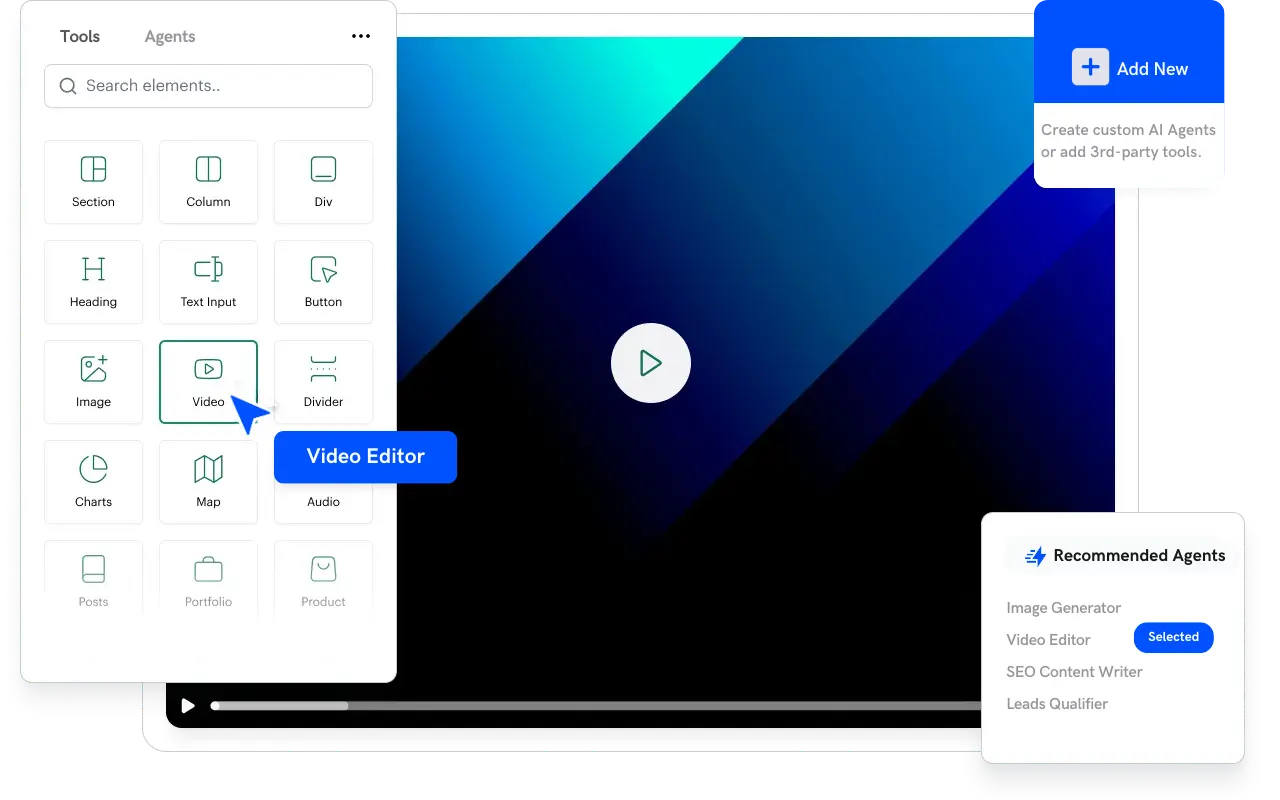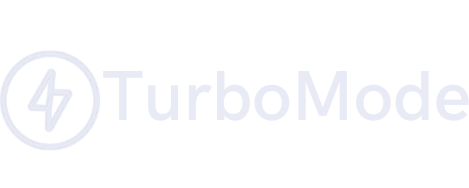Introduction
Artificial intelligence is rapidly redefining the workforce. As AI tools transform every aspect of business—from automated workflows to predictive analytics—the future of work is poised for both tremendous opportunity and significant challenges. In an AI-driven world, traditional jobs are evolving and new roles are emerging. Research from the World Economic Forum suggests that nearly 50% of workers may require reskilling by 2025 as automation becomes ubiquitous. This article provides an in-depth exploration of the future of work, the opportunities it brings, the challenges organizations must address, and practical strategies to adapt successfully. We also highlight how TurboMode AI empowers teams to harness AI’s full potential, transforming conversations into actionable tasks.
Opportunities in an AI-Driven Future
- Enhanced Efficiency and Productivity:
AI automates routine tasks, freeing up employees to focus on strategic and creative work. This not only boosts productivity but also leads to faster decision-making. For example, AI-powered scheduling and workflow tools reduce administrative overhead significantly—a benefit documented in several industry studies. - New Job Roles and Skill Requirements:
As automation takes over repetitive work, human roles are evolving to emphasize creativity, empathy, and strategic thinking. New positions such as AI ethics specialists, data scientists, and machine learning trainers are emerging. These roles require continuous learning and adaptability, and they offer opportunities for career advancement. - Innovation and Creative Problem-Solving:
With AI handling the mundane, employees have more mental bandwidth for innovation. Companies are now leveraging AI for deep data analysis and trend forecasting, which supports strategic initiatives and drives innovation in product development, marketing, and customer service. - Flexible and Remote Work Models:
AI-driven technologies enable seamless remote collaboration, making hybrid and fully remote work models more viable. Real-time collaboration tools, intelligent project management systems, and virtual assistants help teams stay connected regardless of geographical boundaries. - Cost Savings and Competitive Advantage:
Automation and data-driven decision-making reduce operational costs and improve profitability. Organizations that implement AI solutions can optimize resource allocation and drive competitive advantages, contributing to long-term business growth.
Challenges in an AI-Driven Workforce
- Reskilling and Workforce Transition:
Rapid technological change means that many workers will need to upgrade their skills. Organizations face the challenge of developing comprehensive reskilling and upskilling programs to ensure that employees remain relevant. - Ethical and Privacy Concerns:
With AI systems processing sensitive data, issues related to data security, privacy, and ethical AI use become paramount. Companies must ensure transparency in AI algorithms and enforce strict data protection measures. - Job Displacement Fears:
While AI can create new roles, there is widespread concern that automation will lead to job losses in certain sectors. Addressing these fears requires clear communication, supportive reskilling initiatives, and policies that help transition workers into emerging roles. - Integration with Legacy Systems:
Many organizations still rely on legacy systems that are not designed for AI integration. The process of modernizing IT infrastructure to support advanced AI applications can be complex and costly. - Managing Change and Cultural Resistance:
Shifting to an AI-driven model requires significant cultural change. Employees may resist new technologies if they perceive them as a threat or if the benefits are not communicated effectively. Effective change management practices are essential.
Strategies to Thrive in an AI-Driven Future
- Invest in Continuous Learning:
Develop comprehensive training programs that emphasize digital literacy, advanced analytics, and soft skills such as creative problem-solving. Encourage employees to engage in online learning, workshops, and mentorship programs. - Adopt a Phased Approach:
Begin by piloting AI projects in selected departments. Use these pilots to gather data, fine-tune processes, and build confidence among stakeholders before rolling out organization-wide. - Enhance IT Infrastructure:
Upgrade legacy systems to ensure compatibility with advanced AI tools. Focus on building a robust data infrastructure that allows seamless data flow across platforms. - Foster a Culture of Innovation:
Encourage experimentation and creative problem-solving. Recognize and reward innovation. By creating an environment that celebrates learning and adaptability, organizations can better navigate the complexities of the digital age. - Integrate Ethical Guidelines:
Establish clear policies on data privacy, transparency, and fairness in AI use. Engage with stakeholders—employees, customers, and regulators—to ensure that ethical considerations remain at the forefront of your digital transformation strategy.
TurboMode AI Spotlight
TurboMode AI exemplifies the transformation of the workplace by converting everyday conversations into actionable tasks. It drives efficiency by automating task execution and ensures that important insights do not fall through the cracks.
“We’re shifting the game from managing work to getting work done.”
TurboMode AI helps organizations adapt to the AI-driven future and empowers teams to thrive. Book a demo today to see how it can propel your business forward.
Real-World Examples
A multinational corporation that integrated AI into its workflow reported a 30% increase in project efficiency and a significant decrease in operational costs. Another example is a mid-sized tech firm that launched a reskilling initiative supported by AI-powered analytics, resulting in improved employee engagement and accelerated innovation.
Future Outlook
The future of work in an AI-driven world will continue to evolve as technologies advance. We can expect:
- Greater Human-AI Collaboration:
Hybrid work models where machines handle data processing and humans focus on strategic oversight. - More Personalized Work Environments:
AI will provide tailored workflows, adaptive learning experiences, and individualized career development plans. - Increased Global Collaboration:
Advanced AI tools will further dissolve geographical boundaries, enabling truly global teams to work harmoniously.
Conclusion
The future of work in an AI-driven world is filled with both opportunities and challenges. By embracing continuous learning, modernizing IT infrastructure, and fostering a culture of innovation, organizations can thrive in this dynamic environment. Platforms like TurboMode AI ensure that the transition is smooth by automating tasks and allowing employees to focus on higher-value work. Prepare your organization for the future, and embrace the many possibilities of an AI-driven workplace. Book a demo today and start your journey toward a more productive and innovative future.






